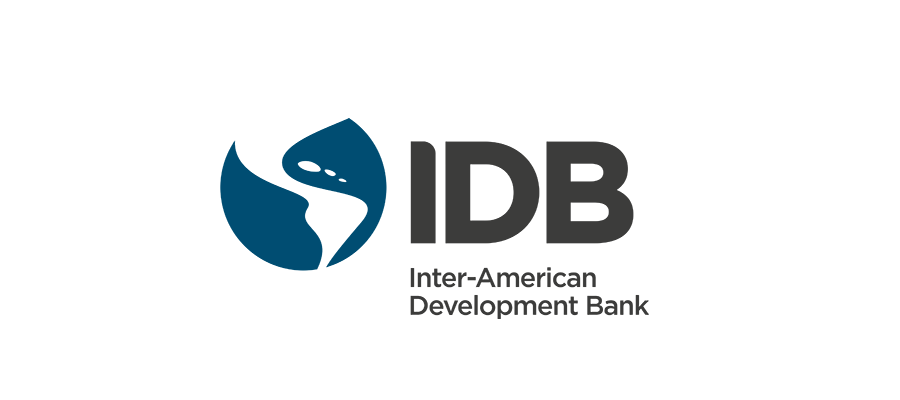
Over the last three decades, the Inter-American Development Bank has secured a privileged position in supporting the Subnational Governments and Decentralization Sector in the region, particularly by deepening the processes of decentralization in the countries. The continuous support and fluid dialogue with national and subnational authorities, the broad coverage of countries, the track record of good practices and innovation, and the high technical capacity in the Sector are all part of this achievement. In this sense, the Inter-American Development Bank (IDB) released it new Subnational Governments and_Decentralization_Sector Framework Documents (PDF; 0.8 MB) in June 2015. For the next three years, this document will provide guidance to the IDB in addressing the changing contexts and challenges faced by its 26 borrowing member countries with regard to decentralization and subnational governance, while guiding the Bank’s financing for operations in the sector. The Sector Framework Document is divided into four main sections:
First, the Sector Framework Document provides detailed overview of the international evidence regarding the effectiveness of policies and programs in the Subnational Governments and Decentralization Sector, and draws implications for the IDB’s work.
Second, the Sector Framework Document identifies main challenges for the region. While the decentralization process in Latin American and Caribbean countries has picked up momentum since the 1980s, it has also faced traditional challenges that have intensified. High dependence on transfers reduces the incentives available to subnational governments for efficient management and accountability. In addition, weaknesses exist in the relations between the different levels of government, while the performance of the subnational governments is also adversely affected by a context of low institutional capacities, limited transparency, and insufficient capacity to monitor subnational management.
Third, the Sector Framework Document identifies the comparative advantages that IDB has its decentralization and subnational governance efforts, including (a) a corps of quality specialists, with broad coverage on the ground; (b) a diversity of technical cooperation resources, knowledge products and project instruments; and (c) considerable experience in successfully tailoring its intervention modalities in the Sector to the region’s heterogeneity.
Finally, the IDB considers four ‘dimensions of success’ as it pursues the Sector’s goal to foster the development of institutional capacities and the proper incentive structure for more effective and efficient subnational management in Latin America and the Caribbean, to help improve all citizens’ quality of life. These dimensions include (1) intergovernmental arrangements contribute to improving the management of subnational governments; (2) subnational governments improve the efficiency and quality of expenditure and service delivery; (3) subnational governments improve own revenue collection and access to financing; and (4) subnational governments work with greater transparency and accountability.





